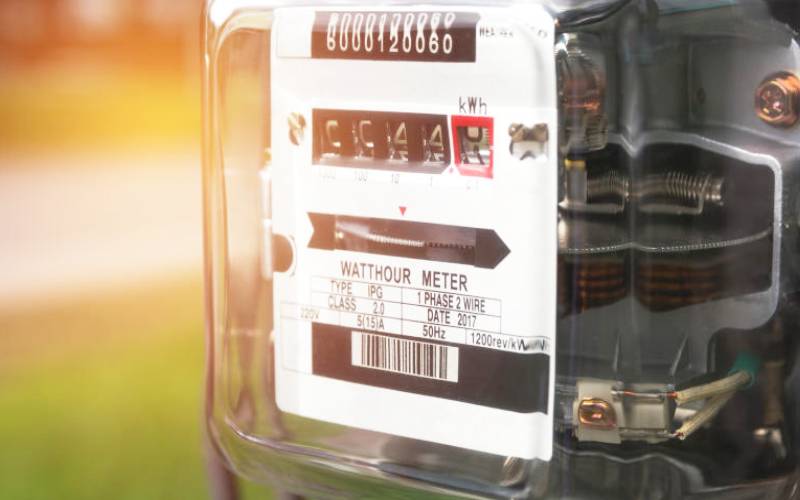×
The Standard e-Paper
Home To Bold Columnists

Electric power meter measuring power usage. Watt hour electric meter measurement tool.
Electricity consumers are contending with higher bills partly due to the depreciation of the shilling against the US dollar over the recent months.